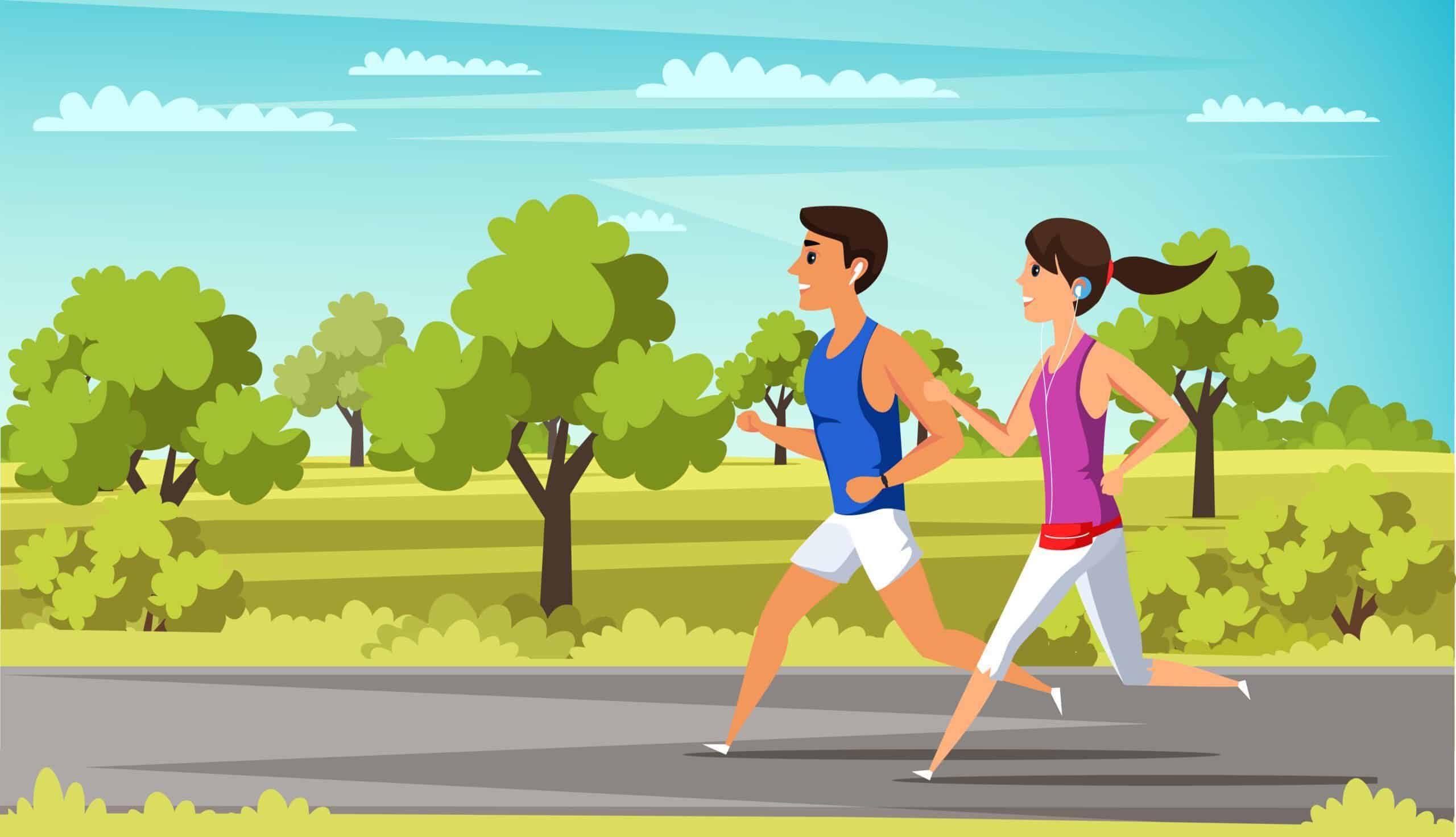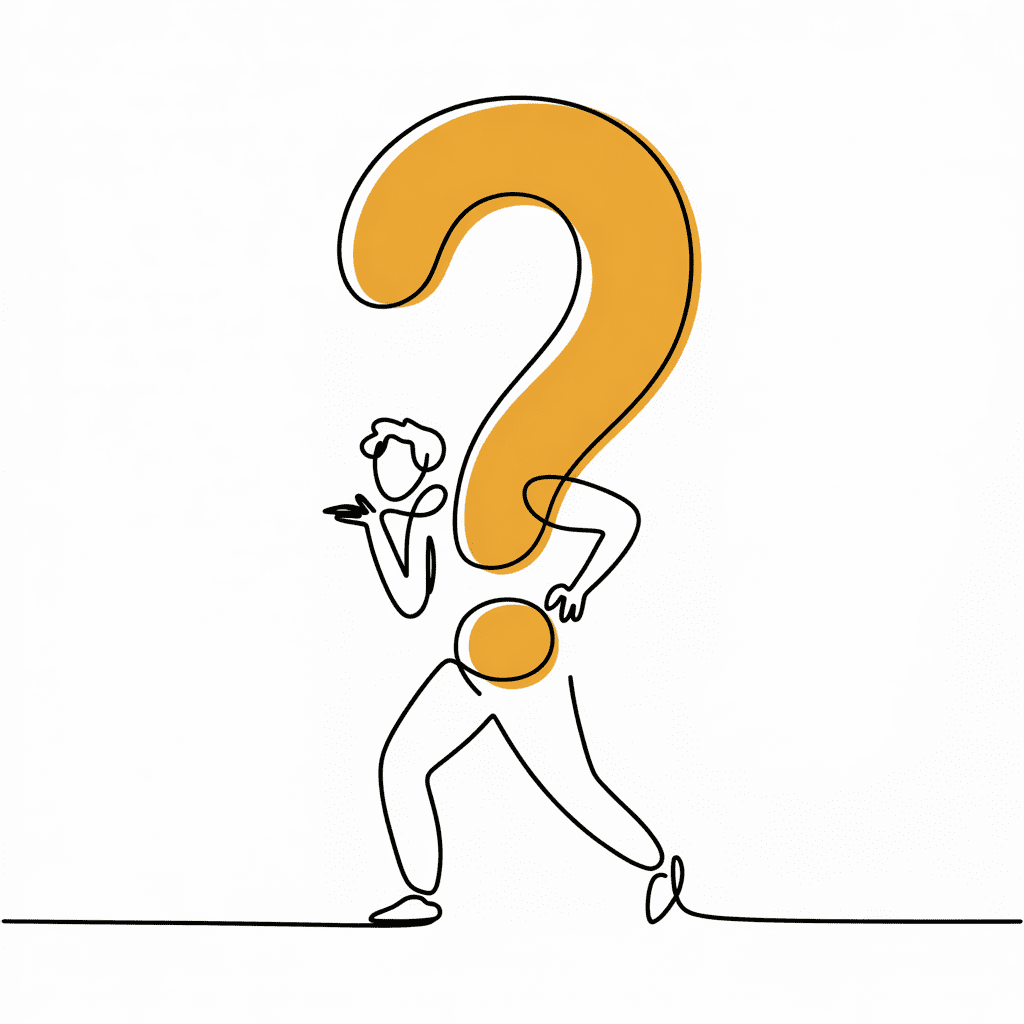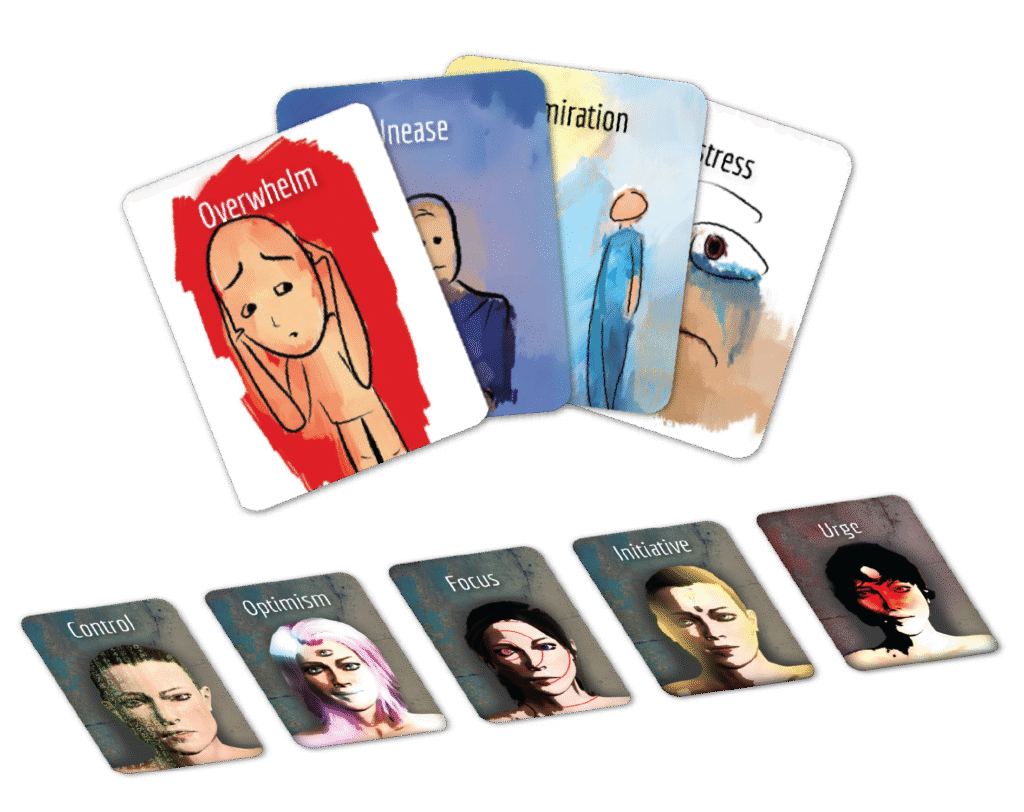There’s a tricky part when they say exercise will help your anxiety and depression – how?
Exercising is good for you – we all know it, we all hear it, but sometimes it’s not that simple.
The truth is that people with depression, anxiety and other mental health challanges, especially those with eating disorders, can have a complicated relationship with their body.
The frustration of our body reacting so strongly to our emotions, the shame we feel in our skin that makes us want to make ourselves so small that we disappear, the struggle to maintain a routine or being overambitious can make this incredibly hard.
And of course people with eating disorders can experience this recommendation as a huge trigger (I know I did).
Despite all that, psychiatrists often say that the endorphins released in physical activity are as important to our mental health as medicine.
And getting comfortable in our body, learning how it works and how to move in it, also helps with anxiety and depression.
So how do you do it without taking yourself backwards to a place of frustration and self judgment?
- Find something fun
I cannot stress this enough, even the tiniest thing. Go out for a walk with a friend or with your earphones, find sports you like, study yourself and see what has elements that might work for you. - Focus on duration, not achievements
If you’re like me perfectionism can creep up on you from anywhere, exercising too. So when I would try to make progress, it would just bring me down and make me feel stressed and frustrated and I would always quit. So tell yourself “I’m going to be in this activity for X minutes now” and during these minutes you can divide your time however you want to, you can rest, switch activity etc. Your only achievement would be to be in the workout for as long as you chose to be. I used to hide the stats showing me how much I did to protect myself from going down that road. - Treat yourself
Pavlov’s dog was an experiment conducted by Ivan Pavlov. The experiment involved conditioning a dog to associate the sound of a bell with food. Pavlov would ring a bell and then give the dog food. After repeating this process several times, the dog began to salivate at the sound of the bell, even when there was no food present. This demonstrated that animals (and humans) can be conditioned to respond to certain stimuli in predictable ways. Try to find your version.
I bought good earphones and I took amazing pleasure in the music and then I started saving all the good songs for the workout. Since I only allowed myself to hear the best songs while working out I found myself looking forward to it, thinking of the workout as something fun. Find your own treat. - Getting started is the hardest part
Sometimes you won’t feel like doing it
It’s understandable. Getting started may be the hardest part, once you’re past the first obstacle things get easier. You can tell yourself you can shorten the duration once you start. I often think about the quote “I’m in a bad mood anyways, I might as well exercise” and go ahead and do it, I’m always in a better mood afterwards. - Establish a routine
Ironically, routine may be one of the hardest thing for people with mental health issues but also one of the most helpul ones. Routine helps with anxiety, depression and obsessions, make it one less thing you need to overthink. - Do it for yourself
Do it to feel good, not to look good. I wasn’t able to enjoy working out until I tried it for a purpose other than losing weight. As long as losing weight was my goal I worked out with anger towards my body, disgust, detachment. That does no good, and it’s easier said then done, but it’s important. Even more so in the beginning. - Don’t overdo it
Some people (me) have a tendency to do things to extreme, you might wear yourself out, get injured or even just sufferung from the intensity would make it very hard to hold for a long time or mix it up with you perfectionism and anxiety.
It might be hard to be moderate because when you finally managed to start you can be afraid you won’t have the energy required to start again if you stop, but you will. Part of it is learning to know that you have it in you and it’s not going anywhere.
So I hope you’ll be able to do it for you, in the right way, without getting drawn further into your eating disorder, anxiety or depression. It’s good because it’s good for YOU, and that’s it. If the price is too high, it’s okay to decide it’s too big a toll to pay right now too and decide that it won’t benefit you at this time. But if you can try, it’s worth it.
Life and recovery are all about learning about ourselves and what works for us, so just be curious to hear what your body has to say.





